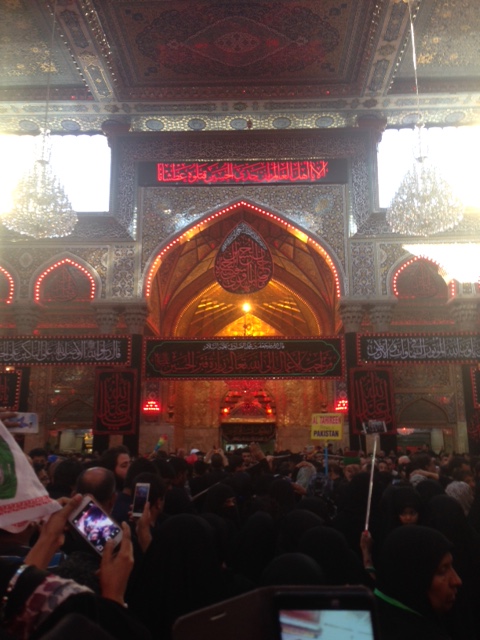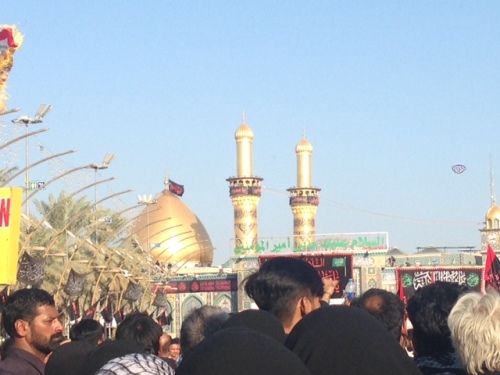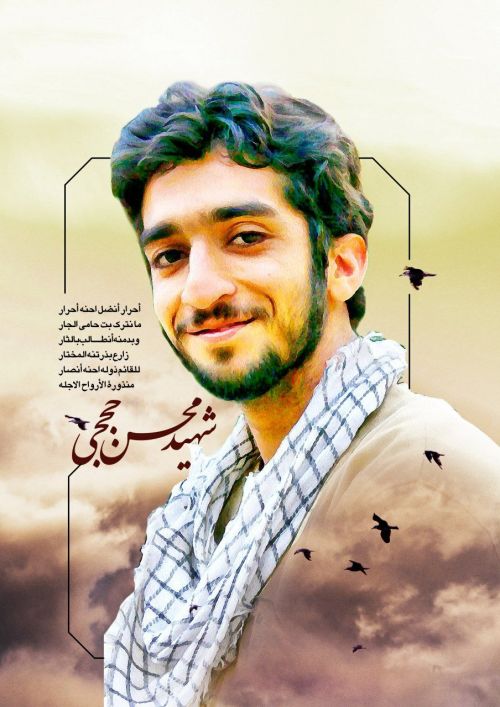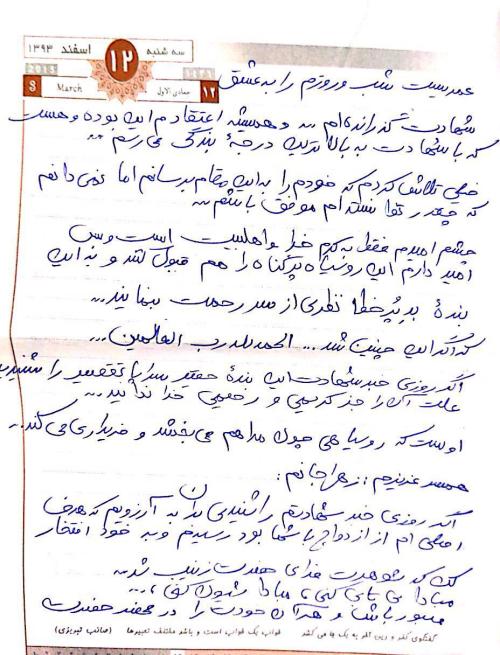Welcome to another opportunity to be the honored guests of Allah! We are blessed to experience another month of Ramadan, where we hope that we are able to cleanse our hearts, revive our souls, and come closer to our Creator.
This holy month coincides with a time in our lives where we have found ourselves in a new normal. We have been forced to shed ourselves of the outside world, and reevaluate our internal lives. What were we before eating outside, enjoying each other outside, and using our homes as simply places to regather and sleep? Were we utilizing our sacred, private spaces to connect and build stronger bonds?
And, this, quite frankly, is exactly what the month of Ramadan teaches us. How to control ourselves in this world where everything is right in front of you. How to discipline our souls to think higher, and greater. More than just about what to eat and drink, or how to plan our next getaway.
This year, our family is blessed to have another newly minted baligha in the house. Our second daughter just turned baligh about a month ago. So now our two eldest girls are fasting alongside us, and like most other Muslims, we are forced to honor this holy month solely from our homes. In years past, and even from my own childhood, the month of Ramadan went hand in hand with daily trips to the masjid to take part in children’s classes, and then breaking fast with others and praying together.
We are in Qom and are grateful to be able to spend the entire holy month of Ramadan under the grace of Lady Masooma. In years past we have often been back home in the states during this holy month. Even though the shrine is still closed, we hope as a family to spend this month connecting with each other, as we read Qur’an, pray, and do small activities together.
One thing that Ayatollah Khamenei talked about this year during his speech on the 15th of Shaban, was to focus on partaking in Ramadan worship and activities as a family, since the common culture of breaking fast with others, praying in the masjids, etc., would no longer be an option because of COVID -19.
So how do we make the holy month of Ramadan a beautiful way to connect with our spouses and our kids?
Building stronger family connections during the month of Ramadan
-
Decorate your home together – It doesn’t have to cost a lot to count. The fact that you are joining together to get in the Ramadan spirit is what matters.
-
Create a suhoor (pre-fast) and iftar (breaking fast) menu – We sat together and wrote up a menu for suhoor and iftar. This helped us keep things simple, talk about not focusing on food solely, and also helped us think about preparing food ahead of time.
-
Have some family activities planned –
–Instill a daily habit of assigning a family member to give some sadaqah, or charity, every day. While this should be a daily habit even outside of the holy month of Ramadan, sometimes we lose momentum, so this holy month can help jumpstart it again.
–The kids cut out stars with pictures of different topics found in the Holy Qur’an. On the back of the star is a specific verse of the Holy Qur’an pertaining to that topic. Each day one child picks out a star and we read the verse together. They hung them up on the wall. But you could hang them on a string, also.
–A couple hours before breaking fast we get the whole family involved in preparing the meal. This can include cleaning the table, setting plates/glasses, cutting fruits, making sharbat, etc.
–An hour after breaking fast together we sit together and read Qur’an and special daily prayers. It gives us a chance to wind down, gather our thoughts, and read the beautiful words of Allah.
-
Being mindful – As a family we talk a lot about our responsibilities to each other. Are we helping each other become better Muslims? If someone makes a mistake do we rejoice? Or do we help them avoid that mistake? If someone looks like they need a hand, do we think about sacrificing our free time, and helping?
–You can help remind each other using letter boards, or make small signs and hang them in your kids’ rooms or in the hallway. This helps keep these reminders subtle, yet constant.

InshaAllah one of our goals as parents during this Ramadan is to gain a better connection with our children through implementing these values.
I’ve read a few stories of people who have left the religion of Islam. And one thing that struck me was a commonality in their stories – they admitted they were raised by parents who were not strict adherents of the religion; rather, they followed edicts quite loosely and felt a more traditional connection to the religion instead of looking at it as a way of life.
Unfortunately if our only connection to religion is based on what our parents or grandparents taught us, then our understanding will be quite limited and more likely filled with holes.
In order to have our children feel a more complete connection to Islam we have tried to be clear and consistent in the values that we teach them.
There’s no better way to increase this connection than by doing it together and growing closer to Allah as a family.
May this beautiful month be filled with many blessings for your families.





